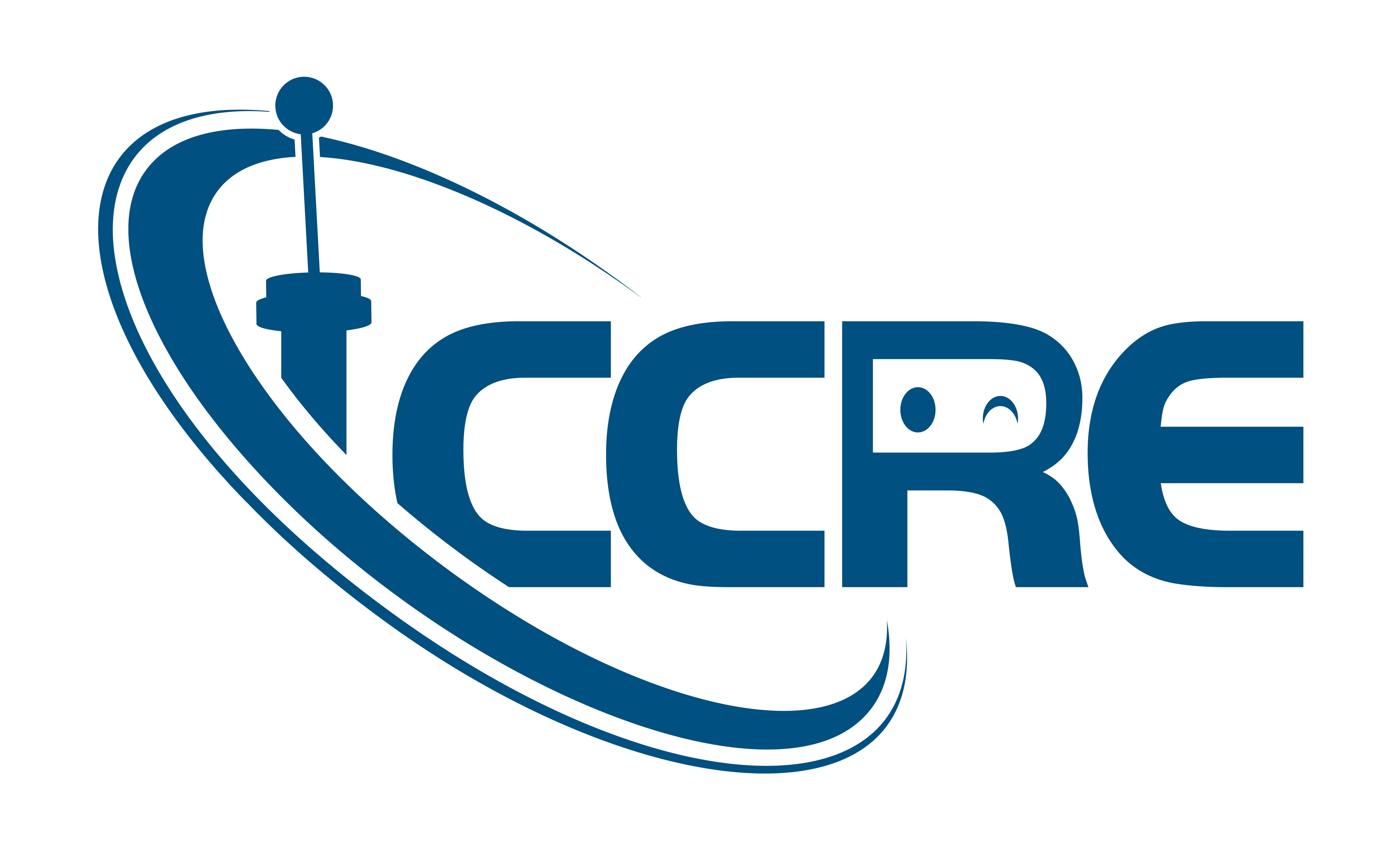- Kyoto, Japan
- May 8-10, 2026
2026 11th International Conference on Control and Robotics Engineering (ICCRE 2026)
ICCRE 2025 Keynote Speakers
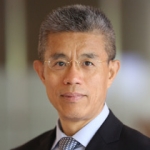 Prof. Shugen Ma
Prof. Shugen Ma
Foreign Fellow of the EAJ, IEEE Fellow, AAIA Fellow, JSME Fellow
The Hong Kong University of Science and Technology (Guangzhou), China
Professor Emeritus of Ritsumeikan University, Japan
Biography: Shugen Ma (Foreign Fellow of the EAJ, IEEE Fellow, AAIA Fellow, JSME Fellow) received his Ph.D. in Mechanical Engineering Science from the Tokyo Institute of Technology in 1991. From 1991 to 1992, he was a Research Engineer with Komatsu Ltd, and from 1992 to 1993, he was a Visiting Scholar at the University of California, Riverside. He joined the Department of Systems Engineering at Ibaraki University as an Assistant Professor in 1993 and then moved to Ritsumeikan University as a Professor in 2005. In 2023, he joined the Robotics and Autonomous Systems Thrust of Systems Hub as a Professor at the Hong Kong University of Science and Technology (Guangzhou). His research interests include the design and control of environment-adaptive robots, field robotics, and Bio-robotics. He has published over 530 papers in refereed professional journals and international conference proceedings. He has also developed over 50 novel robot systems, filed over 80 patents, and supervised 44 Ph.D. students and over 100 M.Phil. students to graduation. For this achievement, he has been featured in the list of the world’s top 2% of scientists published by Stanford University.
He is the general chair of IROS2022 in Kyoto, founded the ROBIO conference in 2004, and served as the general chair of ROBIO 2004, ROBIO 2010, and ROBIO 2016. He was/is an Associate Editor of the IEEE Transaction on Robotics from December 2003 to November 2007, an Editor of Advanced Robotics, and an Associate Editor of Biomimetic Intelligence and Robotics, serving many societies and conferences.
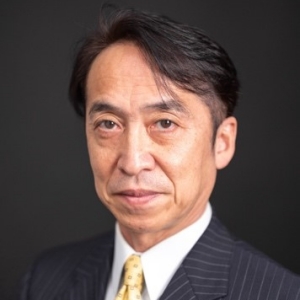 Prof. Makoto Iwasaki
Prof. Makoto Iwasaki
IEEE Fellow, IEE Japan Fellow
Vice President of Nagoya Institute of Technology, Japan
Biography: Makoto Iwasaki received his B.S., M.S., and Dr. Eng. degrees in Electrical and Computer Engineering from Nagoya Institute of Technology (NIT), Japan, in 1986, 1988, and 1991, respectively. He is currently Vice President of NIT, responsible for international affairs, and a Professor in the Department of Electrical and Mechanical Engineering.
As an active contributor to the IEEE Industrial Electronics Society (IES), he has served in various leadership roles, including Chair of the IES Fellow Evaluation Committee (2022–2023), Co-Editor-in-Chief of the IEEE Transactions on Industrial Electronics (2016–2022), and Vice President for Planning and Development (2018–2021), among others. He was elevated to IEEE Fellow in 2015 for his "contributions to fast and precise positioning in motion controller design." He is also a Fellow of the Institute of Electrical Engineers of Japan (IEEJ) and a member of the Science Council of Japan.
Dr. Iwasaki has received numerous prestigious academic, foundation, and government awards, including the Best Paper and Technical Awards from IEEJ, the Nagamori Award, the Ichimura Prize, and the Commendation for Science and Technology by the Japanese Minister of Education. He has also been recognized in the World’s Top 2% Scientists 2024 by Stanford University and Elsevier.
His current research interests focus on the application of advanced control theories to linear and nonlinear modeling, precision positioning, and intelligent motion control, through extensive collaboration with industry.
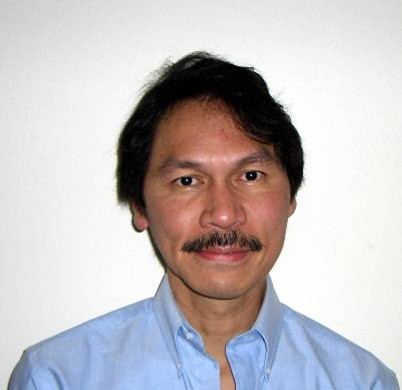 Prof. Marcelo H. ANG Jr
Prof. Marcelo H. ANG Jr
National University of Singapore, Singapore
Biography: Marcelo H. Ang, Jr. received the B.Sc. degrees (Cum Laude) in Mechanical Engineering and Industrial Management Engineering from the De La Salle University, Manila, Philippines, in 1981; the M.Sc. degree in Mechanical Engineering from the University of Hawaii at Manoa, Honolulu, Hawaii, in 1985; and the M.Sc. and Ph.D. degrees in Electrical Engineering from the University of Rochester, Rochester, New York, in 1986 and 1988, respectively. His work experience includes engineering work in Intel, research positions at the East West Center in Hawaii and at the Massachusetts Institute of Technology, and an Assistant Professor of Electrical Engineering at the University of Rochester, New York. In 1989, Dr. Ang joined the Department of Mechanical Engineering of the National University of Singapore, where he is currently a professor. His research interests span the areas of robotics, mechatronics, and applications of intelligent systems methodologies. His teaching includes graduate and undergraduate level courses in robotics; creativity and innovation, and Engineering Mathematics. He is also active in consulting work in robotics and intelligent systems. He is also actively involved in the Singapore Robotic Games as its founding chairman and the World Robot Olympiad as a member of the Advisory Council.
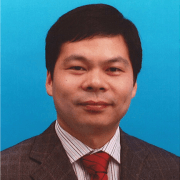 Prof. Xingjian JING
Prof. Xingjian JING
City University of Hong Kong, Hong Kong
Biography: Xingjian Jing received the B.S. degree from Zhejiang University, China, the M.S. degree and PhD degree in Robotics from Shenyang Institute of Automation, Chinese Academy of Sciences in 2001 and 2005, respectively. He also achieved the PhD degree in nonlinear systems and signal processing from University of Sheffield, U.K. in 2008.
He is now a Professor with the Department of Mechanical Engineering, City University of Hong Kong. Before joining in CityU, he was a Research Fellow with the Institute of Sound and Vibration Research, University of Southampton, followed by assistant professor and associate professor with Hong Kong Polytechnic University. His current research interests include: Nonlinear dynamics, Vibration, Control and Robotics, with a series of 200+ publications of 12800+ citations and H-index 59 (in Google Scholar), with a number of patents filed in China and US. He is one of the top 2% highly cited world scientists and a senior IEEE member.
Prof Jing is the recipient of a number of academic and professional awards including 2016 IEEE SMC Andrew P. Sage Best Transactions Paper Award, 2017 TechConnect World Innovation Award in US, 2017 EASD Senior Research Prize in Europe, 2017 the First Prize of HK Construction Industry Council Innovation Award, and 2019&2023 HKIE outstand paper awards etc.
He currently serves Associate Editors of Mechanical Systems and Signal Processing, IEEE Transactions on Industrial Electronics, & IEEE Transactions on Systems, Man, Cybernetics -Systems, and served as Technical Editor of IEEE/ASME Trans. on Mechatronics during 2015-2020. He was the lead editor of a special issue on “Exploring nonlinear benefits in engineering” published in Mechanical Systems and Signal Processing during 2017-2018 and is the lead editor of the other special issue on “Next-generation vibration control exploiting nonlinearities” published in MSSP during 2021-2022.
